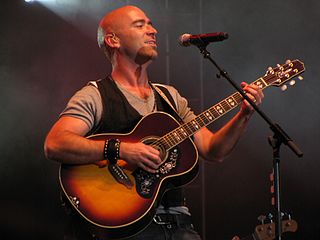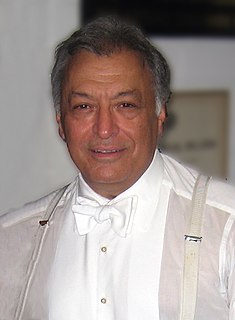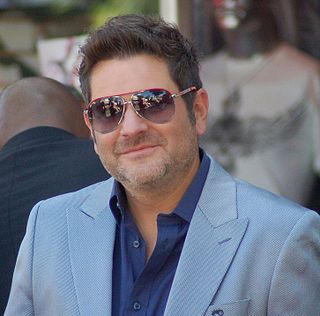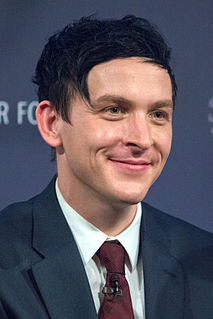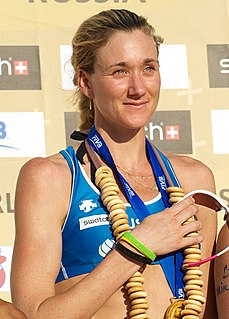A Quote by Marlo Thomas
If it's one thing we learned from the first book, it's that you don't have to be a prizefighter, or a world-renowned architect, or a concert violinist to have been affected by the power of words.
Related Quotes
My father was a trained accountant, a BCom from Sydenham College and a self-taught violinist. In the 1920s, when he was in his teens, he heard a great violinist, Jascha Heifetz, and he was so inspired listening to him that he bought himself a violin, and with a little help from an Italian teacher, he learned to play it.
It wasn't an architect who did this, but if it had been an architect, it would have been a good day's work: there was a marketing person who convinced Walmart that their products sold better in daylight than electric light. It would have been interesting if an architect had deliberately designed this change with all its spatial consequences in mind, thinking about how the change would multiply across all the square footage of all the roofs of all the Walmarts in the world. It would have been a beautiful trick - a physical, practical, political pleasure.
I was at a Dolly Parton concert when I was about 9 years old. I saw her at the Ohio State Fair, and it was my first real concert that I'd been to. I saw that crowd and how they reacted and how great of a performer she was and the band. Just the energy of the whole thing collectively really captured me.
I myself hate that old Hemingwayesque paradigm of the writer as prizefighter and I have tried hard to create an alternate one for myself. When Anne Sexton admonished me, "We are all writing God's poem," I took it to mean there should be no competition between writers because we are all involved in a common project, a common prayer. But to Gore's and Norman's generation, particularly those male writers who served in the second world war, the prizefighter paradigm remains.
If you take a book with you on a journey," Mo had said when he put the first one in her box, "an odd thing happens: The book begins collecting your memories. And forever after you have only to open that book to be back where you first read it. It will all come into your mind with the very first words: the sights you saw in that place, what it smelled like, the ice cream you ate while you were reading it... yes, books are like flypaper—memories cling to the printed page better than anything else.


